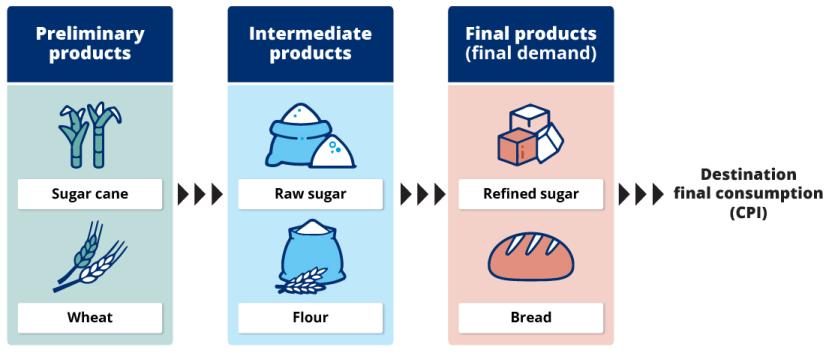Output of heavy and civil engineering construction prices, quarterly percentage change and index
[["Sep-19","Dec-19","Mar-20","Jun-20","Sep-20","Dec-20","Mar-21","Jun-21","Sep-21","Dec-21","Mar-22","Jun-22","Sep-22","Dec-22","Mar-23","Jun-23","Sep-23","Dec-23","Mar-24","Jun-24","Sep-24"],[[116.59999999999999],[116.8],[117],[117.09999999999999],[117.2],[117.59999999999999],[117.90000000000001],[119.90000000000001],[122.5],[124.2],[127.09999999999999],[130.69999999999999],[134.19999999999999],[136.09999999999999],[136.5],[137.69999999999999],[138.90000000000001],[139.69999999999999],[141.59999999999999],[142.40000000000001],[143]],[[0.59999999999999998],[0.29999999999999999],[0.29999999999999999],[0.29999999999999999],[0.10000000000000001],[0.20000000000000001],[0.40000000000000002],[1.7],[2.2999999999999998],[1.3999999999999999],[2.2999999999999998],[2.7000000000000002],[2.7000000000000002],[1.3],[0.10000000000000001],[1],[0.80000000000000004],[0.5],[1.3],[0.59999999999999998],[0.40000000000000002]],[[0.40000000000000002],[0.20000000000000001],[-0.29999999999999999],[-0.80000000000000004],[0.29999999999999999],[0.59999999999999998],[-0.20000000000000001],[1.7],[1.3999999999999999],[1.3],[2.7000000000000002],[3],[2.7000000000000002],[2.1000000000000001],[0.90000000000000002],[0.40000000000000002],[1.3999999999999999],[0.90000000000000002],[1.5],[0.20000000000000001],[0.80000000000000004]]]
[]
[{"value":"0","axis_id":"0","axis_title":"","axis_units":"","tooltip_units":"","table_units":"","axis_min":null,"axis_max":null,"tick_interval":"4","precision":"-1","data_unit_prefix":"","data_unit_suffix":"","reverse_axis":false}][{"value":"0","axis_id":"0","axis_title":"%","axis_units":"","tooltip_units":"","table_units":"","axis_min":null,"axis_max":null,"tick_interval":null,"precision":"1","data_unit_prefix":"","data_unit_suffix":"","reverse_axis":false},{"value":"1","axis_id":"1","axis_title":"index number","axis_units":"","tooltip_units":"","table_units":"","axis_min":null,"axis_max":null,"tick_interval":null,"precision":"1","data_unit_prefix":"","data_unit_suffix":"","reverse_axis":false}]